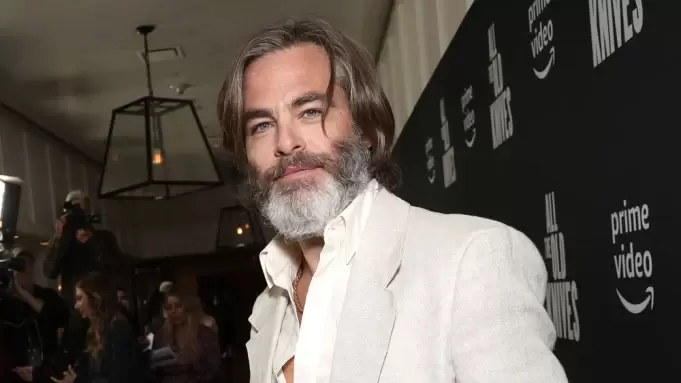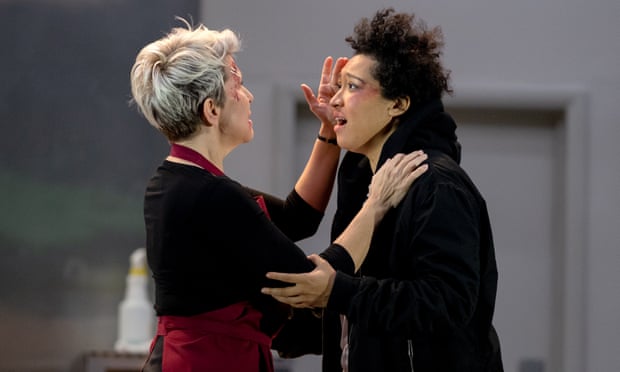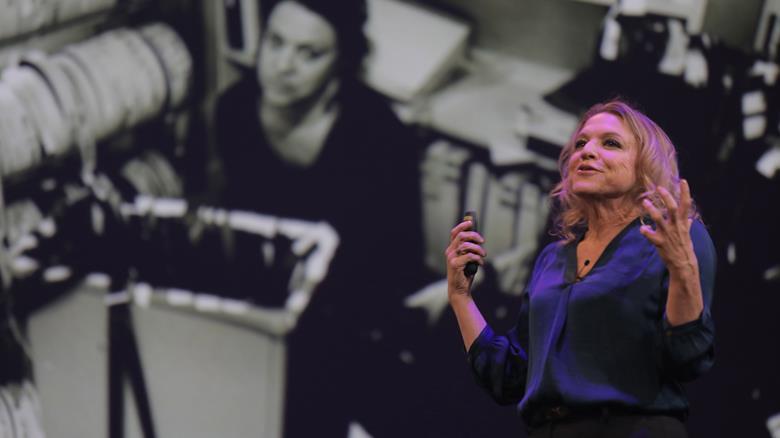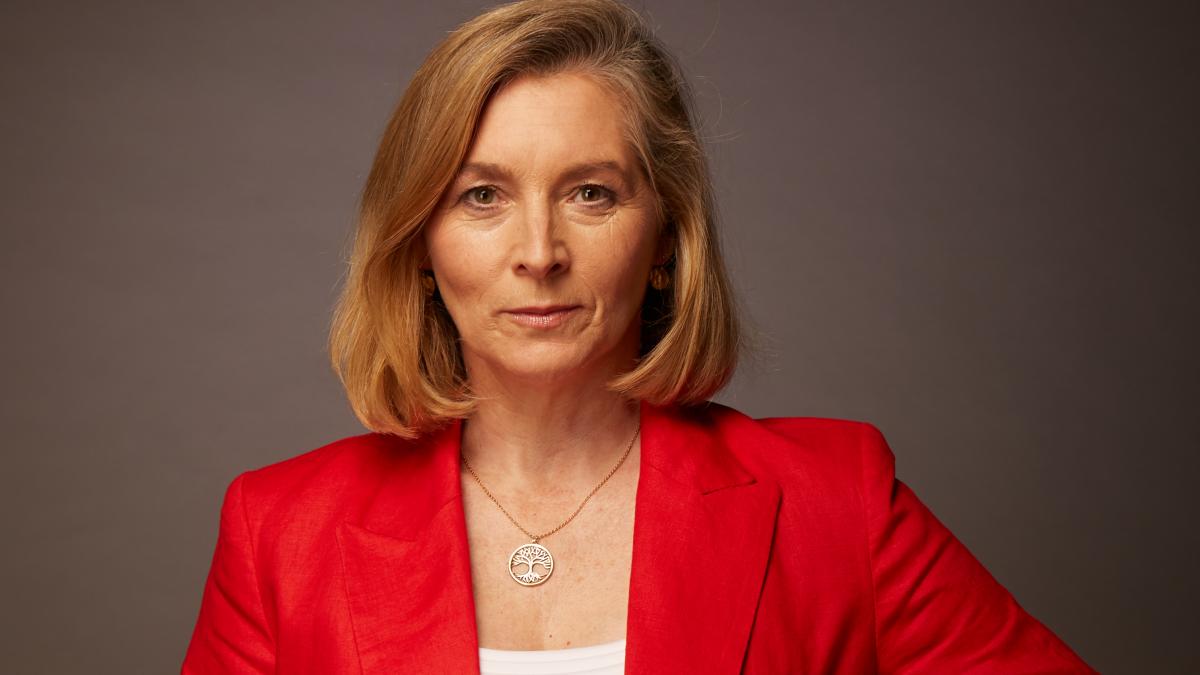“We had a really intense scene right in the middle of the movie, it was really important and required to be naked. I had just glimpsed Chris and I thought ‘Oh no, no, no'”
The actress, however, explained how Chris Pine is kind and thoughtful and, in the end, put her at ease:
“But it’s such a treasure. And the intimacy was handled so beautifully, it was handled well because we had an intimacy coordinator. So everyone knew what was going on.”
Thandiwe Newton explained that the roles of intimacy coordinators have become very important for productions, especially those that include scenes involving nudity and physical intimacy:
“That’s why we have the co-ordinator of intimacy. Everyone agrees to every detail of what’s happening. Everyone agrees … and then we go to work.”
More . . .























 RSS Feed
RSS Feed
